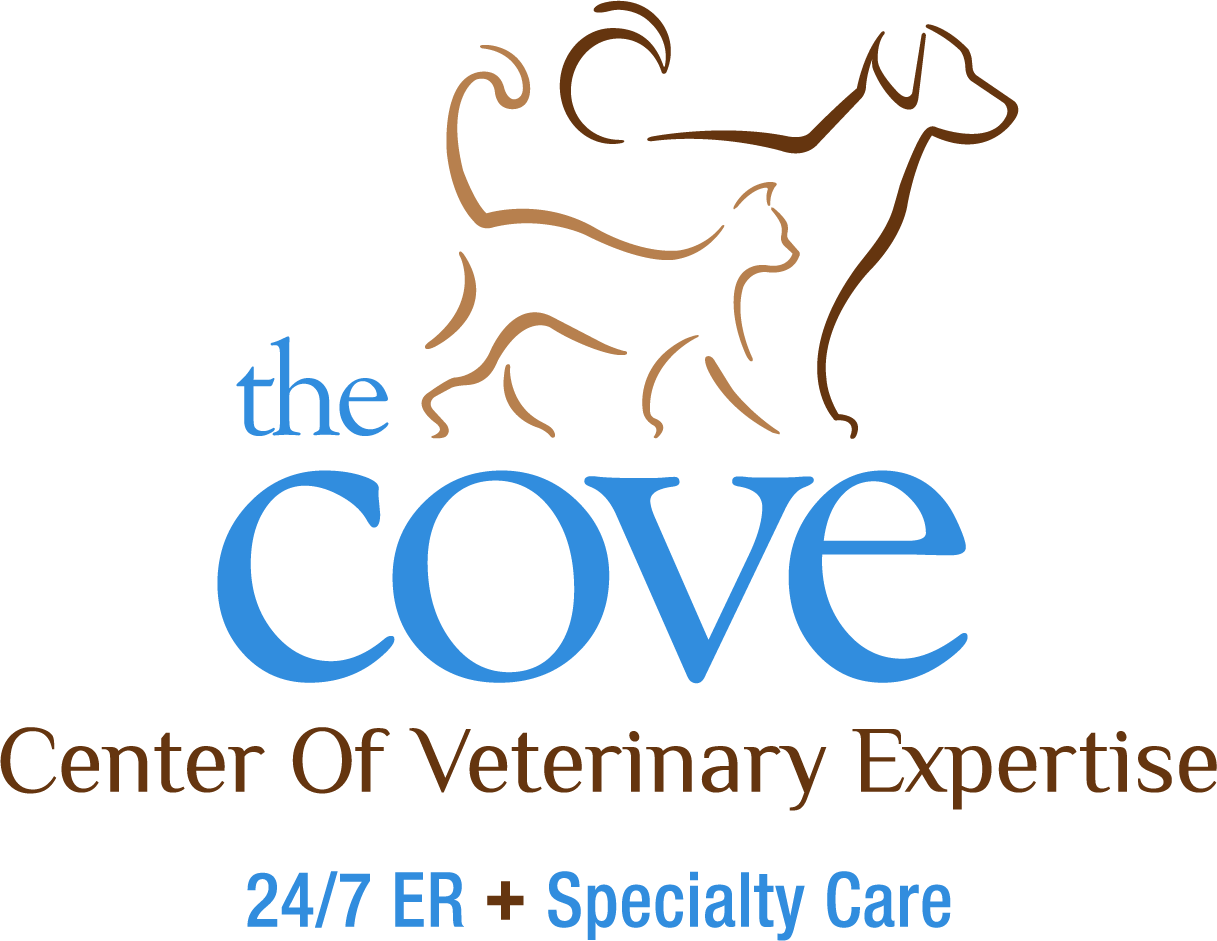You’re not alone if you open a can of tuna for lunch with a cat curling around your legs or spend dinnertime with your dogs staring expectantly up at you. It can seem impossible to resist those adoring eyes and give in by sharing a mouthful or two (or three). However, showering your pets with treats or overfilling their bowl can have disastrous results, including weight gain and obesity, and the health problems they cause. Pet obesity has reached epidemic proportions, with over 50% of pets being overweight or obese. And not only can obesity affect their health, but it can also shorten their life.
Fortunately, pets can regain their health if their weight is adequately managed. With Pet Obesity Awareness Day approaching on October 12, 2022, we review how to recognize if your pet is obese and the impact of obesity on whole-body health.
What is Pet Obesity?
Pet obesity is a disease that occurs when a pet has an excess of adipose (fat) tissue in the body. It can be challenging for pet owners to tell if their pets are overweight or obese since many breeds have long or fluffy hair, and pets tend to gain weight slowly over time. In addition, a pet’s body type, age, breed, and activity level are all factored in to determine their ideal weight. Luckily, at your pet’s annual exam, their primary veterinarian will check their weight and assign them a Body Condition Score to evaluate if they are within a healthy body weight range.
In general, you should be able to feel, but not see, your pet’s ribs under their skin without a layer of fat over them. The Association for Pet Obesity Prevention has also developed an ideal weight range chart that is useful in evaluating your pet’s ideal weight.
The Dangers of Obesity in Pets
There is no dispute that excess adipose tissue causes an increase in health conditions and diseases in pets.
Some of these problems include:
Reduced life expectancy – Recent studies show that being overweight is associated with a reduction in life expectancy by up to 2.5 years in dogs. Helping your beloved pet live longer is enough reason to prevent excess weight!
Chronic inflammation – You may be reading more about inflammation in the news, and it has been found that in pets, toxins produced by excess fatty tissue circulates in the bloodstream, causing hundreds of inflammatory responses throughout the body. Over time, inflammation can wreak havoc on your pet’s health.
Osteoarthritis and joint disease – Excess weight causes increased and chronic stress on the joints and can lead to the breakdown of cartilage in between joints. These conditions can lead to back pain, a torn ACL, and difficulty getting up and moving around to name a few. In addition, the inflammation caused by fatty tissue also targets the joints, which can lead to osteoarthritis.
Diabetes – Inflammation caused by excess weight hampers a pet’s ability to process glucose in the body, leading to insulin resistance and, eventually, diabetes. Diabetes is a potentially life-threatening condition; although obesity is not the only cause, it is a risk factor.
Heart and lung disease – Excess fat along the chest cavity can place additional pressure on the heart and lungs, making them each work harder and less efficiently. Your pet may have a more challenging time breathing, may pant excessively, and may not tolerate exercise well.
Kidney disease – High blood pressure is a consequence of obesity, leading to decreased circulation to vital organs such as the kidneys. High blood pressure can also lead to diseases of the eyes, heart, and central nervous system.
Cancer – In human cancer research, it is well known that being overweight contributes to an increased risk of cancer. Animal models show the same. Inflammatory hormones, insulin resistance, and chronic inflammation due to excess fatty tissue contribute to the increased cancer rate among overweight pets.
Skin disease – Obese and overweight pets have excess skin folds that can become irritated or harbor bacteria, leading to skin infections, chronic hot spots, and other skin and coat problems. Overweight pets also have more difficulty grooming themselves, resulting in poorer overall coat condition and a decreased quality of life.
It is apparent that being overweight or obese significantly affects a pet’s quality of life and the length of your beloved friend’s lifespan. Fortunately, reaching and maintaining a healthy weight is achievable and can dramatically reduce these and other weight-related problems. Call your family veterinarian if you need to schedule an appointment, learn how to help your pet lose weight safely, or if you have questions about pet obesity.
And, if you need 24/7 emergency or advanced care in cardiology, dentistry, or surgery, The COVE is available. Call us if you have any questions.
About Us
The COVE’s veterinarians and staff wholeheartedly embrace the core values of community, collaboration, commitment, compassion, and integrity. This focus ensures that pets, the people who love them, and their primary care veterinarians have as positive and affirming a healthcare experience as possible, regardless of the circumstances that bring us all together.
